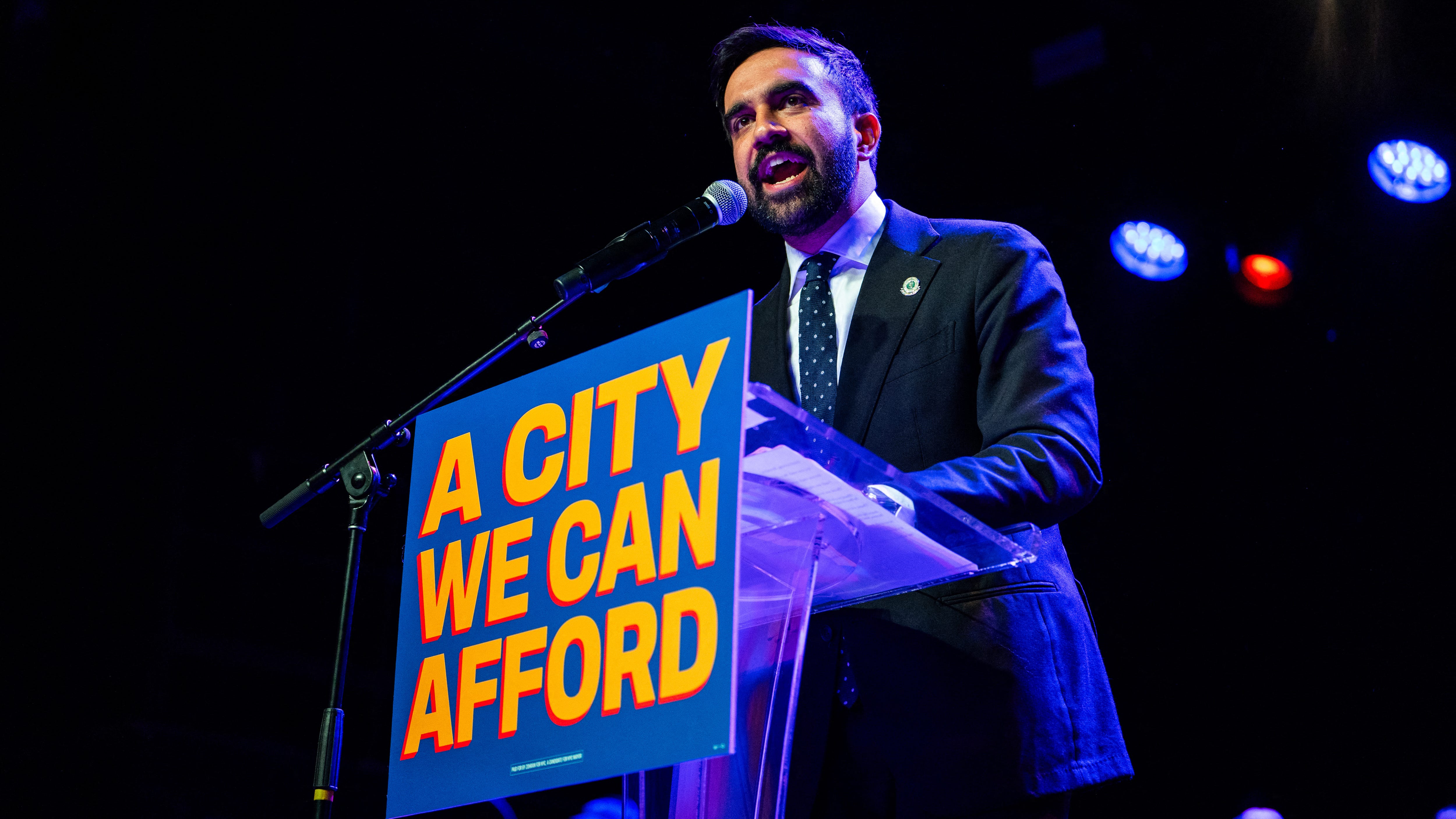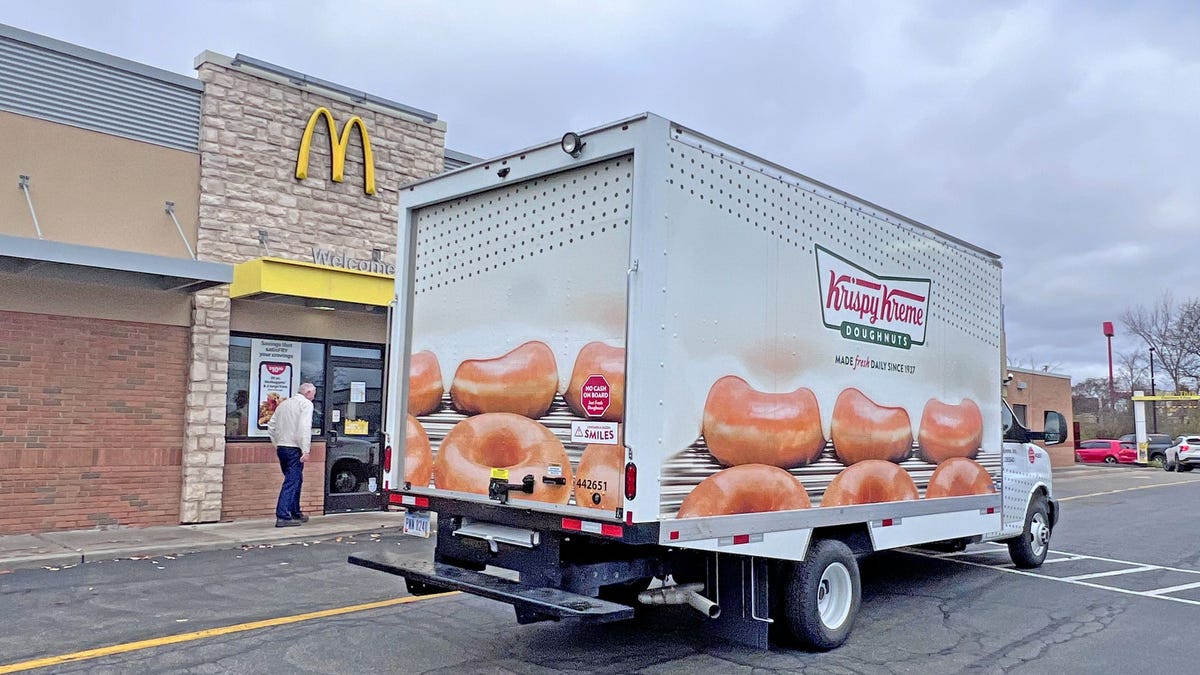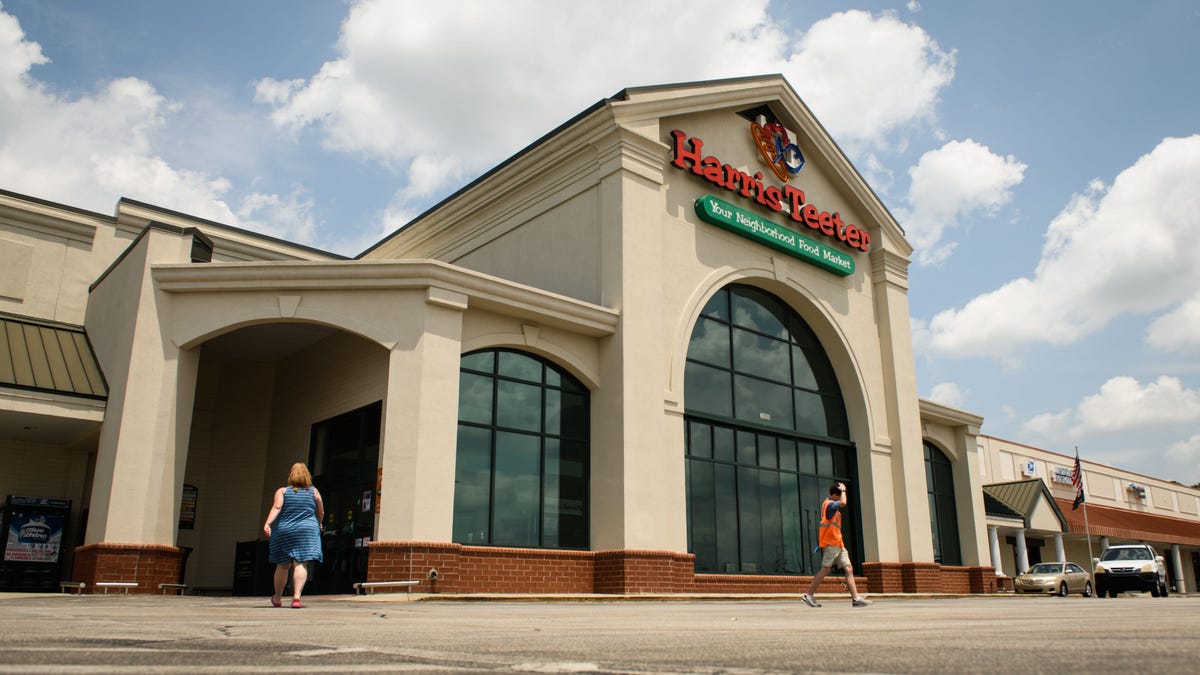
What to know about New York City’s primary
New York City’s Democratic primary will decide who heads to the general election in November.
As the housing crisis deepens across the United States, policymakers are increasingly looking for answers.
On June 24, Rep. Rashida Tlaib, D-Mich., brought concerns about how housing costs impact her constituents to an unlikely venue: the semiannual testimony of Federal Reserve Chair Jerome Powell on Capitol Hill.
More than half of the Black women in the counties Tlaib represents have experienced some sort of eviction, she said, citing data published in an academic journal. Those numbers, she said, are “horrific,” considering how traumatic evictions can be, and how they diminish access to equitable housing conditions.
But it’s just one statistic. A report out Tuesday from the Joint Center for Housing Studies of Harvard University highlighted the challenges across the country: Insurance premiums and property taxes are surging, high rents have left record numbers of Americans burdened by costs and pushed many into homelessness, and persistently high mortgage rates are locking first-time buyers out of the market and fraying the American Dream.
Against that backdrop, Tlaib pressed Powell to explain the Fed’s rationale for monetary policy that keeps interest rates high. She asked, don’t high rates keep a lid on new construction, which leads to higher prices if supply doesn’t keep up with demand?
“There’s a longer run shortage of housing in the U.S., which there’s nothing the Fed can do about,” Powell responded. “In the short run rates are high,” he acknowledged, “and that’s going to weigh on housing activity, but the best thing we can do for the housing market is to restore price stability so that rates come down.”
“They’re both right,” said Selma Hepp, chief economist with real estate data provider Cotality.
“It’s natural to look at the issue of mortgage rates right now because it’s low-hanging fruit but this is a long-term problem,” Hepp told USA TODAY.
In fact, levels of new housing construction have consistently fallen short, year after year, ever since the subprime housing bubble burst almost two decades ago. Meanwhile, construction expenses like land and labor have ballooned in the past few years – rising at nearly double the rate of overall inflation, Hepp said. Tariffs on construction materials will only exacerbate that.
Tlaib isn’t the only one looking for outside-the-box solutions to the housing crisis. A bipartisan group of representatives including Wisconsin Republican Scott Fitzgerald and New York Democrat Grace Meng have urged the Trump administration to release Fannie Mae and Freddie Mac from government conservatorship and invest an expected $250 billion windfall from the transaction into middle-class housing.
“I’m glad that members of Congress are raising this issue,” Hepp said, adding Tlaib and others are right to point out the human cost of the housing crisis, which they see in their own districts – for renters as well as owners.
“Ideally, I’d love to see less finger-pointing and more solutions,” Hepp said.








